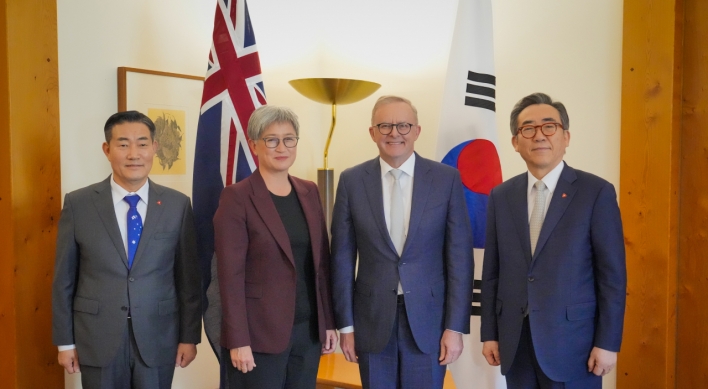The sharp drop in oil prices will support U.S. growth by boosting spending, two top Federal Reserve officials said, playing down the risk that plunging energy costs could push inflation further below the Fed’s goal.
Fed Vice Chairman Stanley Fischer and New York Fed President William C. Dudley, speaking at separate events Monday in New York, both stressed the positive impact on the U.S. economy from the steepest decline in oil prices for five years.
“I’m not very worried,” Fischer told an audience at the Council on Foreign Relations. “The lower inflation that we’ll get from the lower price of oil is going to be temporary.”
Oil prices have slumped after OPEC’s failure last week to curb production, although the market rebounded Monday.
The Fed’s preferred gauge of price pressures facing U.S. consumers rose 1.4 percent in October from the same period a year ago and has not been above the U.S. central bank’s 2 percent inflation target since March 2012.
Fed Vice Chairman Stanley Fischer and New York Fed President William C. Dudley, speaking at separate events Monday in New York, both stressed the positive impact on the U.S. economy from the steepest decline in oil prices for five years.
“I’m not very worried,” Fischer told an audience at the Council on Foreign Relations. “The lower inflation that we’ll get from the lower price of oil is going to be temporary.”
Oil prices have slumped after OPEC’s failure last week to curb production, although the market rebounded Monday.
The Fed’s preferred gauge of price pressures facing U.S. consumers rose 1.4 percent in October from the same period a year ago and has not been above the U.S. central bank’s 2 percent inflation target since March 2012.

Fischer also said lower oil prices were “a phenomenon that’s making everybody better off.”
Dudley said lower oil prices will give a “significant” lift to real income growth that will spur consumer spending, even as he argued low inflation and labor market slack were reasons why the Fed should not rush to tighten policy.
“It is still premature to begin to raise interest rates,” Dudley said in a speech at Bernard M. Baruch College. “When interest rates are at the zero lower bound, the risks of tightening a bit too early are likely to be considerably greater than the risks of tightening a bit too late.”
The Fed has held rates near zero since December 2008.
Dudley expressed confidence that, although the U.S. economy has shown signs in recent years of accelerating, only to slow again, “the likelihood of another disappointment has lessened.”
Investors’ expectations for a Fed rate increase around mid-2015 “seem reasonable to me,” he said, and the pace at which the central bank tightens will depend partly on financial-market conditions and the economy’s performance.
The Fed halted a two-year bond buying campaign in October and repeated a vow to hold rates low for a “considerable time.” Some economists say that language may be dropped from the policy statement at the next meeting of the Federal Open Market Committee, scheduled for Dec. 16-17.
He also tried to disabuse investors of the notion that the Fed would, in times of sharp equity declines, ease monetary conditions, an idea known as the “Fed put.”
“The expectation of such a put is dangerous because if investors believe it exists they will view the equity market as less risky,” Dudley said. That could cause investors to push equity markets higher, contributing to a bubble, he said. (Bloomberg)
-
Articles by Korea Herald





![[Herald Interview] Mom’s Touch seeks to replicate success in Japan](http://res.heraldm.com/phpwas/restmb_idxmake.php?idx=644&simg=/content/image/2024/04/29/20240429050568_0.jpg&u=)




![[News Focus] Lee tells Yoon that he has governed without political dialogue](http://res.heraldm.com/phpwas/restmb_idxmake.php?idx=644&simg=/content/image/2024/04/29/20240429050696_0.jpg&u=20240429210658)








![[Today’s K-pop] Seventeen sets sales record with best-of album](http://res.heraldm.com/phpwas/restmb_idxmake.php?idx=642&simg=/content/image/2024/04/30/20240430050818_0.jpg&u=)